Why The Need For Lunging?
Ever watch people lunge horses with a purpose, others with a crazed look in their eye (the person, although the horse too…)?
Posts and Articles related to the training of horses.
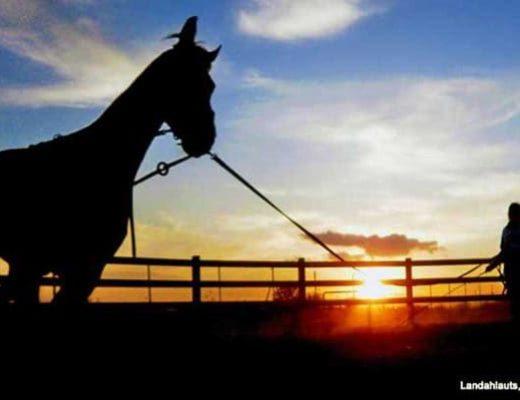
Ever watch people lunge horses with a purpose, others with a crazed look in their eye (the person, although the horse too…)?
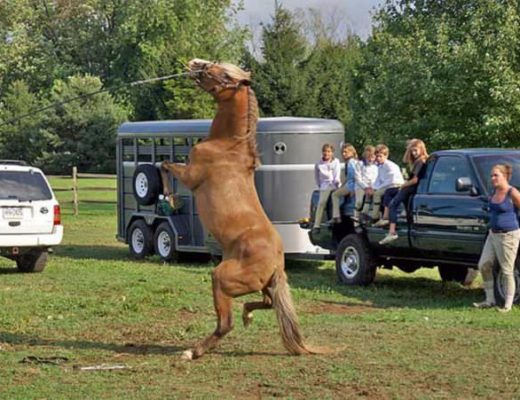
When I think of training anything, to me it means that there was something lacking in whatever you are training to begin with. They don’t know how to do something, and so you train them how. But a horse already knows how to be a horse and there is little we ask of him that he doesn’t already know how to do.
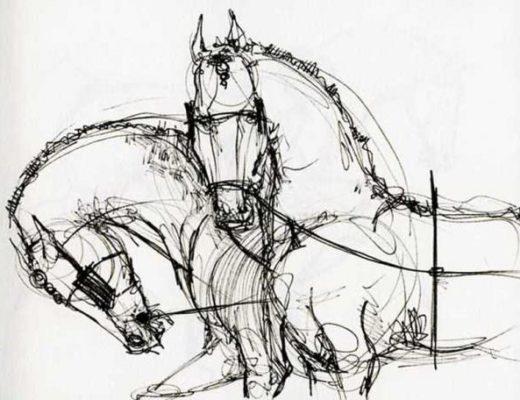
The term “on the bit” doesn’t have an origin in the long-time history of Dressage, but according to Bettina Drummond it is an orphan that is only causing chaos, confusion and much of the demise of Dressage.
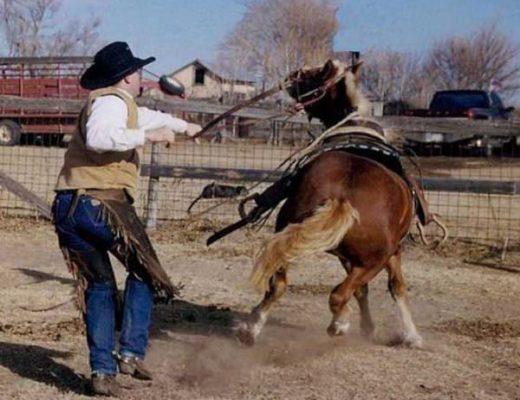
To me it seems obvious enough why the average age is 2 years for horses entering under saddle training, why many riders and trainers balk at the thought of waiting until the horse has grown to 4 or 5 years (or later) before saddling them and sitting on their back for the first time. I can see the reason why, but I don’t see it as a justifiable excuse.
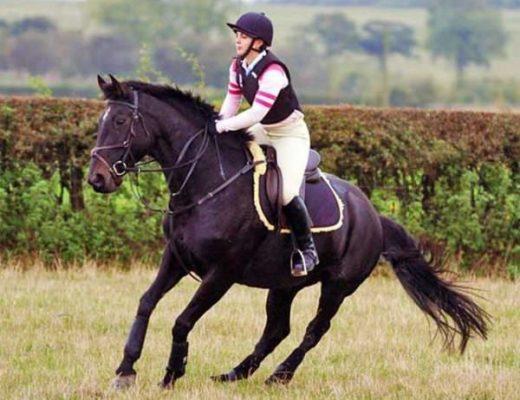
What do you do with a horse who seems to be snoozing, relaxing, even napping… and then suddenly spooks!? Not only is it dangerous, but it catches us all the more off guard than spooking from an otherwise hyped up or highly sensitive horse.
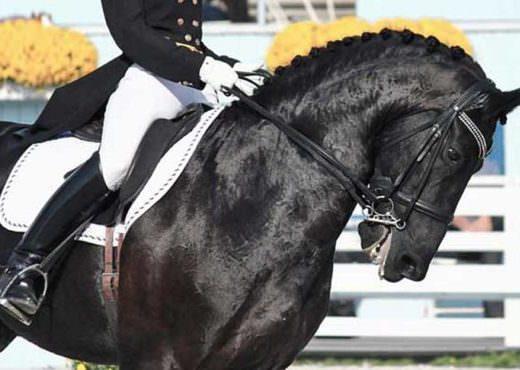
I swear it’s hard-coded in our genes to respond to any hints we may be pulling or leaning on the reins with the shrill reply, “I’m NOT pulling!” In 20 years of riding I’ve shrieked that response more than once. It’s okay to admit making mistakes, it’s what we do with those difficult lessons that defines us, and please please please… learn to stop pulling on your horse’s mouth sooner than later!
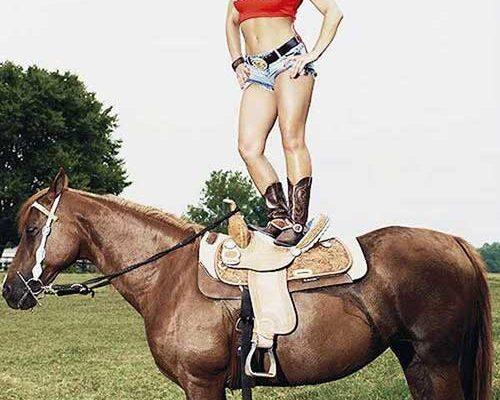
What do I mean by stunts? Well, things like using so much pressure on the horse that he will eventually blow up, but as a professional having enough tact and skill to manage the blow up and keep it from being something dangerous. That is a great stunt that is really common, but when put in the hands of those without the tactful skills it turns into a mess.
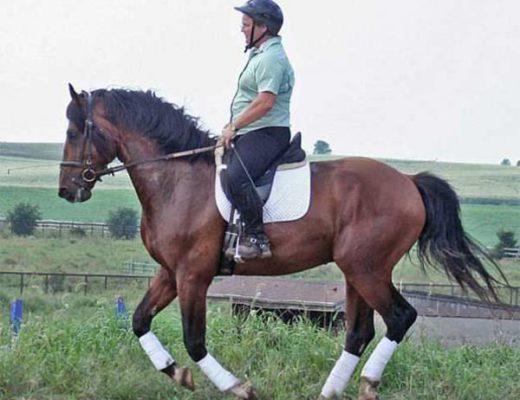
The essential ingredient in a horse who develops into a well balanced, collected, light horse with a beautiful and correct head position.. is forward. We all hear it told from instructors and riders alike, “MORE FORWARD!” What does that mean? What is forward?
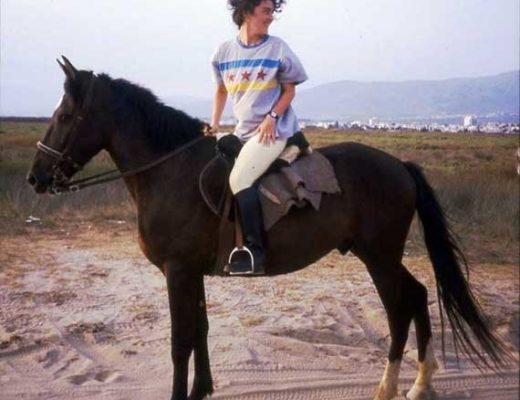
When we are in the pursuit of knowledge, attempting to glean it from every viable source, it helps always to know whose definition of equitation we are gleaning that knowledge from. For many they answer number one to different reasons – money, ego, curiosity. What is the *best* definition of equitation?
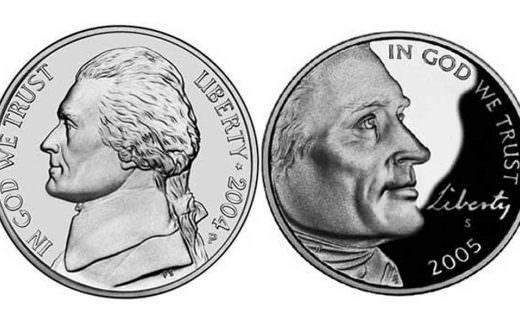
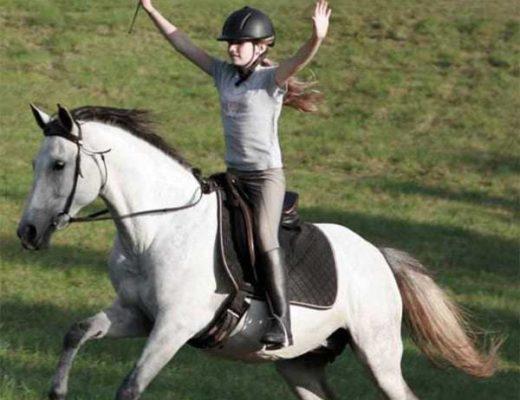
Lightness comes in part with the advent of relaxation. Lightness relies on movement, constant movement. Lightness is the result of the mental, emotional and physical aspects between horse and rider reaching harmony.
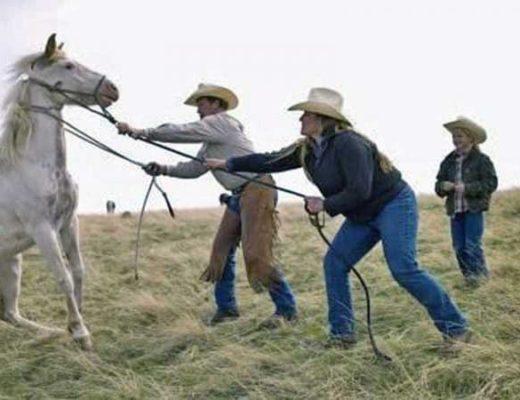
Pressure is what we experience every day of our lives, either self-imposed or given to us by those around us and in our lives. For the horse it is a little simpler, from our perspective anyhow, the horse does not take ‘home’ pressure from the rider or trainer when the session is over.
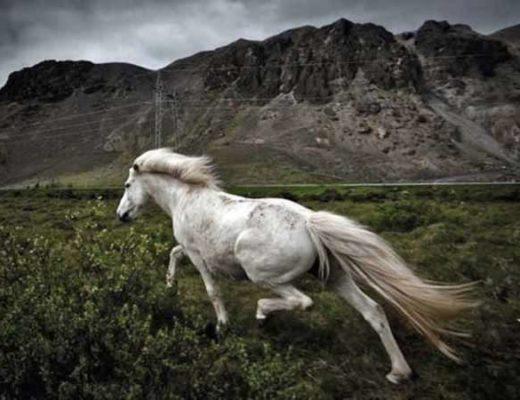
You’re huffing and puffing, cursing the very horse that you wish wanted to be with you badly enough to stop running away. Likely you have broken a sweat, your halter and lead have become a tangled mess beyond recognition, and you could have ridden two horses in the time it’s taken you to run around after your horse.
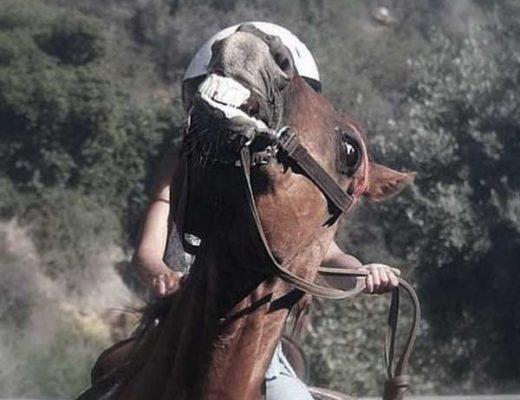
Resistance in the horse can come in several forms, at times violent and on the other end of the spectrum, passive. Both forms are harmful, frustrating and a sign that the horse does not fully understand what is being asked of him. Let us take a deeper look at the forms of resistance in the horse, and how they need to be approached to restore a healthy relationship.